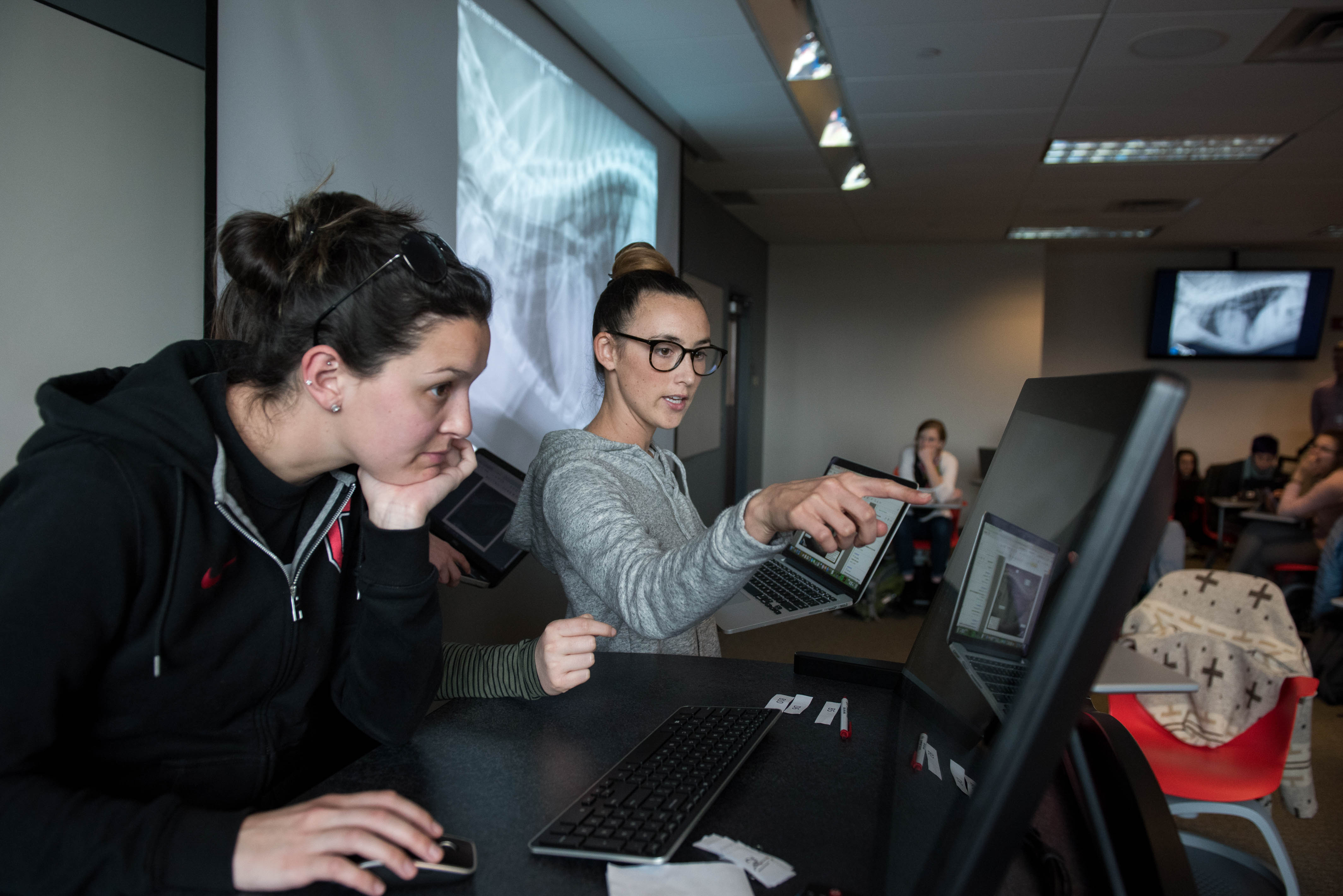The first step of gaining strong letters of recommendation starts long before asking for a letter as the best recommendations come from those with whom you’ve grown strong mentor relationships. Cultivating meaningful relationships with faculty, staff, and other mentors, instead of relationships that are merely transactional, not only helps build strong fellowship applications, but also will establish a community of support as you follow your career goals and aspirations.
How can you cultivate meaningful relationships with mentors and potential recommenders?
- First, identify those who you look up to in your department, field, and community. Why do you look up to them? What would you like to learn from them?
- Express your interest in their mentorship directly or indirectly.
- In some cases, a mentor-mentee relationship may already be implied such as in teacher-student relationships or with supervisors at internships or jobs. In these situations, expressing a desire for mentorship may look like being an active and engaged participant, asking questions that go beyond required course material or job tasks, and starting conversations with potential mentors about their research, career path, and interests.
- In situations where the mentor-mentee relationship may not already be implied such as in community organizations, volunteer work, activist organizing, or extracurricular activities and interests, you might consider asking directly for mentorship: “Would you be my mentor? I’d really like to learn about ____ from you.”
- Continue to cultivate the mentorship relationship by regularly engaging with your mentor:
- Attend your professor’s office hours frequently.
- Go to events that your professor is hosting or events they suggest attending outside of class.
- If appropriate, schedule meeting(s) with your mentor to discuss topics of interest, career paths, or ask advice for opportunities to get involved in.
- Through email, keep your mentor updated on the work you’re doing, your successes, and your future plans even after your class, internship, or job has ended.
Who should you ask to be your recommenders?
- If you’ve spent time cultivating mentor-mentee relationships, you’ll likely have an array of strong mentors to choose from. Most importantly, a recommender should know you well, be able to write about experiences that were important to you, and be able to speak to the qualities and criteria the fellowship highlights.
- Look at the fellowship website. The website often gives directions about what type of recommenders they are looking for. For example, some fellowships might prefer academic references, while others may prefer ones who can speak to your service, extracurriculars, or leadership.
- Typically, professors, internship supervisors, research mentors, and leaders of your extracurricular activities can be strong letter writers. You should not ask family or connections that are only personal.
- Recommenders should have had recent contact with you. For example, third and fourth year students should not use references from high school.
- Sometimes the “prestige” or “title” of a person does matter to fellowships. For example, a letter from a full professor might hold more weight than a letter from a lecturer. However, you shouldn’t ask a person for a reference just because of their title. If they have a prestigious title, but don’t know you well, their letter will not help you. However, if you are trying to decide between two equally strong references and one has a more prestigious title, you might consider asking them.
- In some cases, you might consider getting a letter co-signed. For example, if you have worked directly with a graduate student on a research project, you might request a letter that is co-signed by the graduate student and the professor who runs the lab.
- Consider asking a wide array of letter writers who can speak to different aspects of your experiences. It’s important that not all the letters sound the same, and that they’re not all about the same experiences.
When should you ask your recommenders for letters?
- Typically asking three weeks in advance of a deadline will give your letter writer plenty of time to write the letter but won’t be so far in advance that they will forget. If you’re unable to give 3 weeks advance notice, ask as soon as possible.
- It’s okay to send polite follow ups or reminders to a letter writer if you haven’t heard from them or are worried about getting a letter in time.
What should you include in your email to recommenders?
- A link to the Undergraduate Fellowships Office’s “Advice to Recommenders.”
- A link to the fellowship you’re applying to.
- A link to directions on the website of the fellowship you’re applying to for letter writers about formatting and content (if available).
- Your resume/CV.
- Drafts of your application essays (if you have them, even if they are still in progress).
- Explain any experiences or qualities you would especially like them to highlight in their letter. (Consider how these experiences/qualities to highlight could be different for each letter writer. What is each letter writer adding that is different from the others?)
- Be clear where the letter should be sent. (Uploaded through a link in their email? Sent to fellowships@osu.edu?).
What else should you keep in mind?
- Recommenders can also be great people to ask for feedback on your fellowship application essays, especially essays that require technical expertise and knowledge that is field-specific.
- Write a thank you note to your recommenders after you submit your application.
- Keep them updated as you move through the fellowship competition. If you become a semi-finalist, are offered an interview, or win, they will be happy to hear about your progress!
